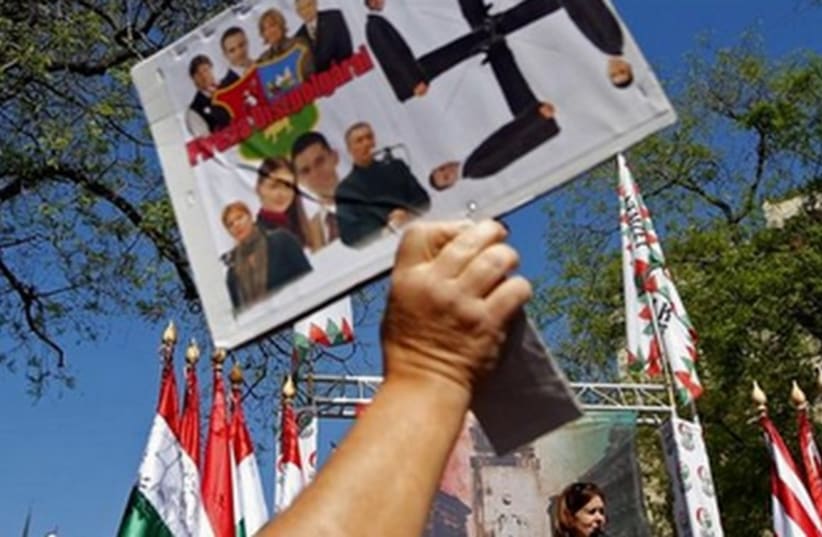According to a new study by the Anti-Defamation League, half of those murders were committed to further the killer’s ideology. The other half were murders that were committed by extremists but not necessarily for ideological reasons.
The report defines domestic extremists as “American citizens or long-term residents with connections to some sort of extreme movement or cause.”
According to the ADL, 90% of those extremist murderers this year came from the right. But the report noted that because right-wing extremists tend to be easily identifiable, it is “likely that non-ideological murders committed by extremists other than white supremacists are underrepresented in ADL’s data.”
In terms of ideologically-motivated killings, 2019 was the third-worst year of the past decade, with 29 ideologically motivated murders by extremists. Those include 22 people killed by a white supremacist shooter at a Walmart in El Paso, four people killed in a December shooting that ended at a Jersey City kosher supermarket, and the synagogue shooting in Poway, California, in which one woman was killed.
“[E]xtremist killings can have a disproportionate effect on communities, especially when they take the form of a hate crime or a terrorist attack,” read the report. “It is important to remember that extremist murders represent merely the tip of a pyramid of extremist violence in the United States.”
The deadliest year of the past decade in terms of domestic ideologically motivated murders was 2016, which saw 58 such murders. That includes the mass shooting at the Pulse nightclub in Orlando, which was carried out by an Islamist extremist and killed 49 people.
